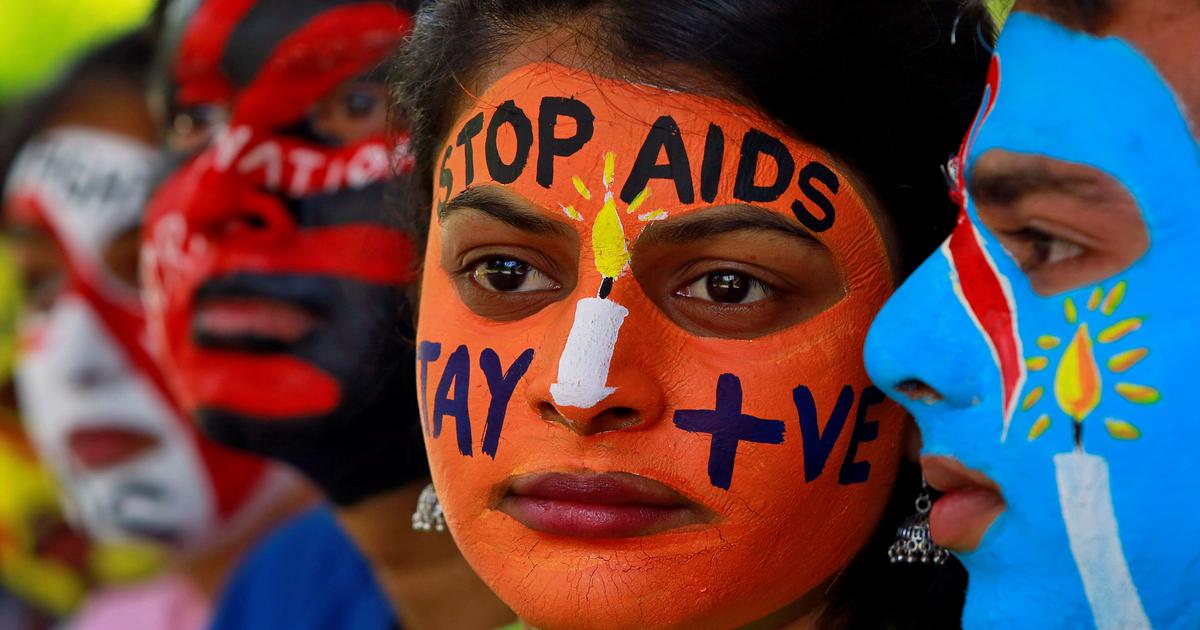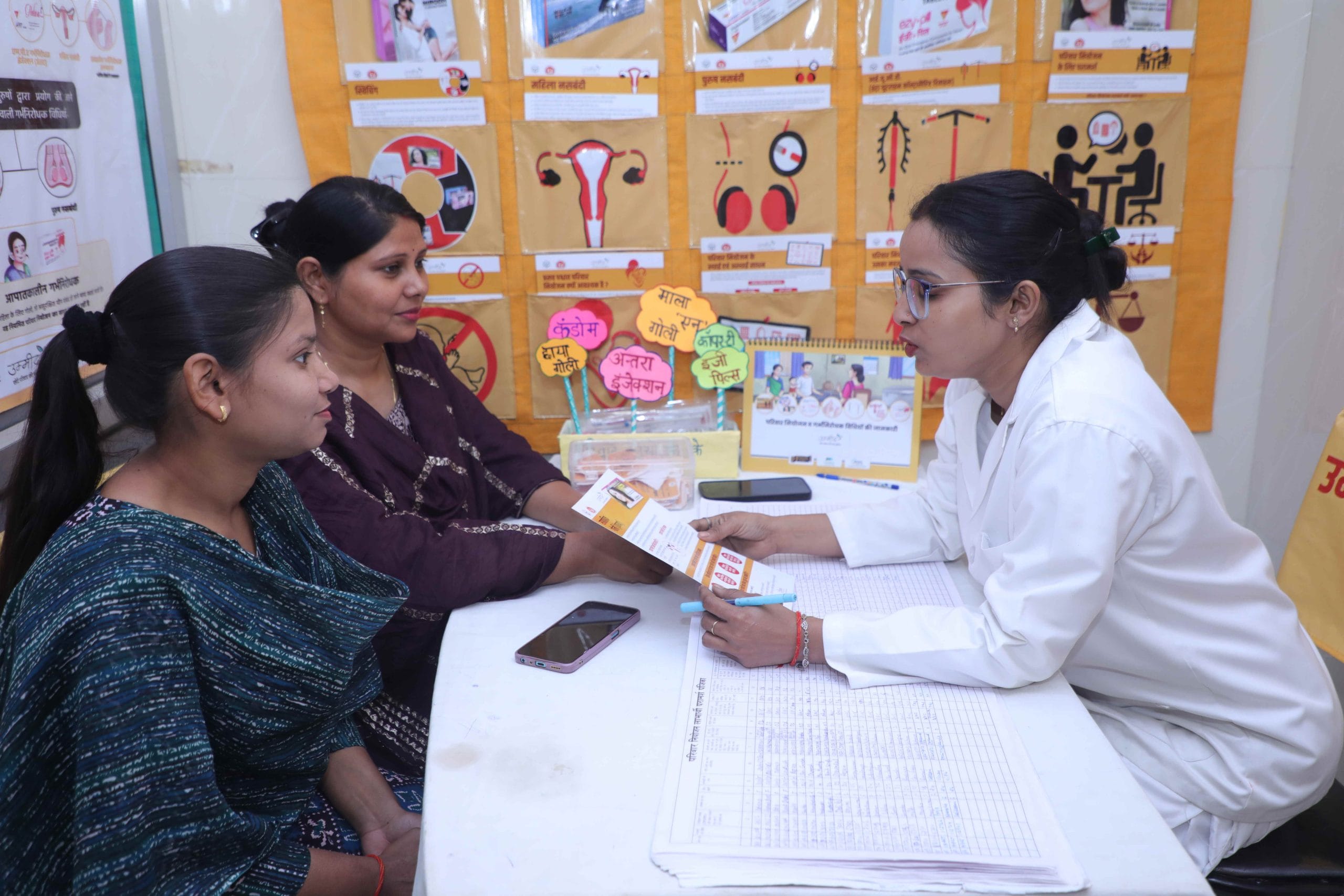Posted by Pallavi
I’m in a long-distance relationship. My partner and I meet once a month or once a fortnight. From my experience of past relationships including a marriage, I’ve found sex to be more adventurous, awaited and appetizing when it is long distance. Primarily because it is in limited stock. Sometimes it’s frequency would escalate so much that we ran short of contraception.
Patience became extinct in the steam of that moment and we went ahead without protection. Of course, a backup plan was in place. My best friend who will bail me out of an unwanted pregnancy, my I-Pill. I had an unwavering faith in its powers. The I-Pill was my friend for close to a decade and our friendship sustained many sexual avalanches.
It was so easy to use, available everywhere and protected my secret of unsanctioned sex. After the condom, it was the second most preferred method of contraception I relied on. Ask any girl what an unwanted pregnancy will mean to her and you will know why the I-Pill was my guardian angel.
Also Read: Doctors Violating Consent: Forceful Insertion Of Contraceptive Devices
Of course, like all fairy tales, the story had an end. Last month my periods became a week late. I, for one, was not scared, although my mother was. I was careful about unprotected sex and we either used a condom or an I-Pill. Ten more days passed, and the castle of faith started to dissolve, from suspicion to full-fledged fear.
What followed was a pregnancy test, which was negative. I was relieved, but my periods were nowhere in sight! There was a mild chance that results could be inaccurate and am I in that zone? I wondered. I thought of getting a urine pregnancy test done from a lab which would be far more reliable than a home pregnancy detection kit.
an I-Pill can still lead to a tubal pregnancy, which is a life-threatening situation.
The results were negative which led to a visit to a gynaecologist, who said the results are 99% accurate. She then recommended another test after 15 days and suggested getting a few tests done for PCOS and thyroid. The entire ordeal cost me 15% of my salary, not to discount the panic, commute and a sense of helplessness.
Finally, I was put on a 10-day pill course to get back my periods, periods which never troubled me ever before. It was during the diagnosis she casually mentioned not taking an I-Pill as it can still lead to a pregnancy and worse – a tubal pregnancy, which is a life-threatening situation, leaving me flummoxed.
The aftermath made me introspect on the reasons behind the mishap. Perhaps, I was more concentrated on the sex rather than its outcome. I had felt that unprotected sex was safe as long as emergency contraceptive pills are there. I felt that it was ok to give in to the forgetful partner’s sexual demands, who did not carry a condom. It was not ok, I realized.
As per the United Nations Population Division Report 2015, contraceptive prevalence is 53.5% in India as compared to 72.7% in U.S. Contraceptive prevalence is the percentage of women who are currently using, or whose sexual partner is currently using, at least one method of contraception.
Was that all? I had no answers to this but decided to seek them out. Thus, commenced a series of visits to gynaecologists and chemists to unearth the answers.
Also Read: The Real Sexism And Classism Of Birth Control Studies
The study indicated that:
There are a lot of myths associated with the use of birth control pills, leading to lesser use. The usage of birth control pills in the rest of the world is 35%, while in India it is a meager 3%. Most women (this includes me) think that the twenty-one-pill regime will lead to hormonal problems, increase in body weight acne, and facial hair. A single dose of I-Pill seems much safer to take than two dozen birth control pills.
But what we do not know is the dosage of Levonorgestrel used in the I-Pill (1.5 mg) is 50 times higher than that present in a single birth control pill. Which means in one go, we are popping 50 pills.
These days, school girls are sexually active. But at the same time since there is a taboo associated with pre-marital, underage sex, these young girls have no one to seek advice from. They cannot talk to their parents or go to the doctor. Doctors can’t give them advice because of the legal age of consent. So, the only information they get is from the internet and they might not know reliable sites to get information from.
I spoke to dozens of chemists and found that in only one-fourth of the shops, birth control pills sell more than the I-Pill. Chemists opine that the prevalence of the I-Pill is more among unmarried couples and that people are generally lazy to follow the daily routine of birth control pills. There is also a wider advertisement of I-Pills as compared to birth control pills.
The I-Pill increases the likelihood of unprotected sex among couples. For women who are not in monogamous sexual relations, it gives them a false sense of security and exposes them to sexually transmitted diseases like HIV, Syphilis, HBsAg, Gonorrhea. A doctor on condition of anonymity stated, “If you are not using a condom, you are sleeping with every person your partner has slept with before”.
in one go, we are popping 50 pills.
Dr. Uma Vaidyanathan, Senior Consultant in Obstetrics & Gynecology, Max Healthcare, states that: “Yes, we do get cases where the girls took 3-4 pills back to back leading to irregular bleeding that can go on for months. We see more of unmarried girls and teens using it as they are more scared of a potential pregnancy and lack awareness. Visiting a gynae for contraceptive consultation may arouse suspicion and so they just follow over the counter advice.
I had a patient who missed her periods and took multiple doses of I-Pill from a chemist thinking it will cause bleeding and will abort the pregnancy. She came to the emergency room with nausea and vomiting and was diagnosed with an 8-week live pregnancy. She was unmarried, and her partner refused to support her. She could not call her parents and she had no support.
It is very important for contraceptive awareness to be spread, right from the onset of puberty. Girls must be made aware of sexual health and contraceptives, bodily changes and the importance of consent. Education before a doctor has to start at home as well as school. Girls need to be taught in a very mature, responsible, non-judgmental manner that it is ok to talk about these issues.
I’ve seen mothers cringe at the idea of talking to their daughters about contraception, which is very sad. The mother should be the first person who should be telling her daughter about these things in an open, non-judgmental manner. The right information about contraception is the right of every individual and they must not be denied this.
Also read in Hindi: इमरजेंसी गर्भनिरोधक कितनी सुरक्षित है? आइए जानें !
Pallavi is a writer-activist working in the sphere of ‘female reproductive freedom’. Through her campaign ‘Red Womb’, she strives to improve menstrual facilities at the workplace for women and ensure the right contraception education for all adolescents and young women. She can be followed on Facebook.
Featured Image Credit: Women’s Health
About the author(s)
Guest Writers are writers who occasionally write on FII.





This is an informative post! I-pill causes irregular periods, nausea, vomiting, breast discomfort and pain in some users. It is very important that every girl must be aware of sexual health,contraceptive methods and importance of consent. Being unaware about the pills and taking them however they want may cost their lives. Thank you for sharing this useful piece of information.